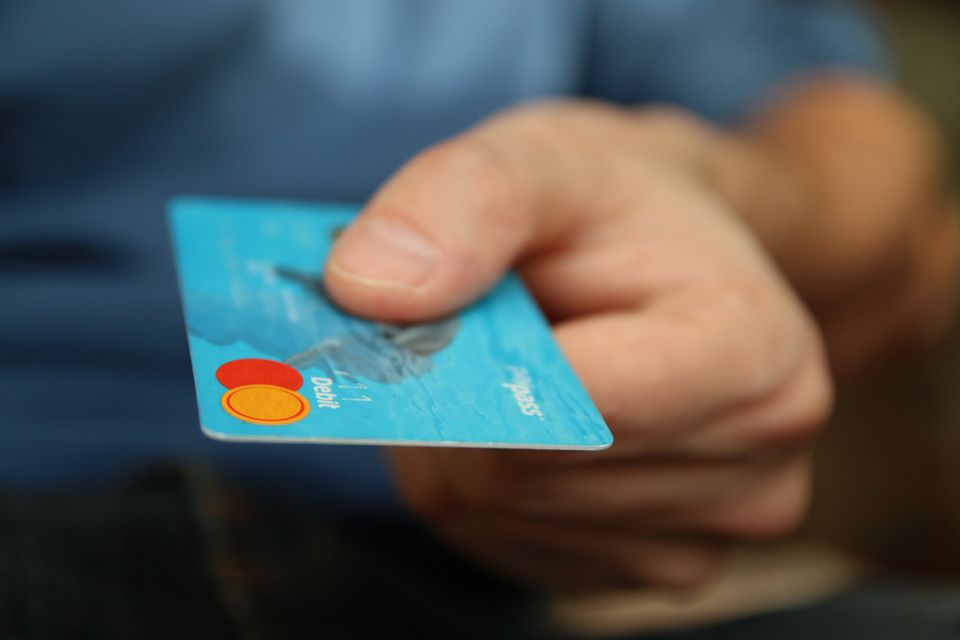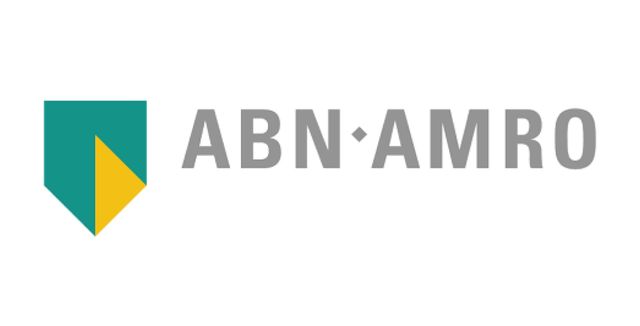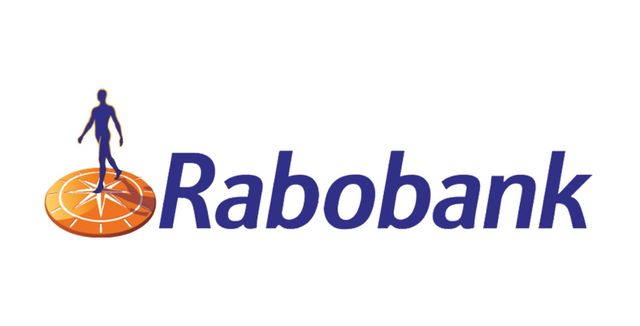Banking in the Netherlands
How to arrange your finances in the Netherlands? Find information about opening a bank account (with or without BSN), loans, and the common Dutch payment methods on this webpage. Please contact us if you have any questions left unanswered.
Opening a bank account
Requirements
Before opening a Dutch bank account, you need to select a bank and an account that suits your requirements. There are many banks in the Netherlands to choose from. The biggest banks include ABN AMRO and Rabobank (both partners of the International Welcome Centre) as well as ING and ASN Bank. To open a private bank account, you can visit the nearest branch of the bank or visit its website to make an appointment online. Please note that most banks charge an annual fee for having an account with them. The fee depends on the type of account and the payment method(s) you choose.
To open a bank account, you need to bring:
- Proof of ID (passport or identity card)
- Official proof of a Dutch address, such as a tenancy agreement
- Your citizen service number (BSN)
- If you are from a country outside the EU, your residence permit
- If you are a student, proof of enrolment at the university
Opening a bank account without a BSN
Expats with a EU passport can temporarily open a bank account without a BSN via the ABN AMRO app. Please note: you need to register your BSN without 90 days of opening the account to make sure the account is not blocked. Expats with a non-EU passport can also open an account. However, the account remains blocked (except for incoming transfers) until they provide an extract from the BRP. Please find more information about this topic and the steps you need to take in the link below.
Payment methods and loans
Payment cards
It is important to know that payments in the Netherlands are usually made by debit card. Please note that many places including some big Dutch supermarkets will not accept non-Dutch payment cards. Visa and American Express are not accepted by many vendors in general, and most Dutch bank cards use the Maestro payment system. It is therefore important to open a Dutch bank account shortly after your arrival.
Credit cards
It is important to know that payments in the Netherlands are usually made by debit card. Please note that many places including some big Dutch supermarkets will not accept non-Dutch payment cards. Visa and American Express are not accepted by many vendors in general, and most Dutch bank cards use the Maestro payment system. It is therefore important to open a Dutch bank account shortly after your arrival.
Transferring money
You will need an IBAN nummer associated with your bank account to transfer money to another account either in the Netherlands or abroad. IBAN stands for International Bank Account Number. It is a unique number which allows your bank account number to be identified and understood by all financial institutions worldwide. You can find your IBAN in the online dashboard of your banking app. You often need to use an e-dentifier machine to log into your internet banking. This card reader will help you log in safely and complete any transactions you with to make. It is wisely to request one when opening a bank account. Please note: every bank has its own reader.
iDeal
iDeal is a bank transfer method to pay online using your debit card rather than your credit card. You use your e.dentifier and your pin-code to pay for your online shopping. Paying online by debit card is often not an option. If you want to make international purchases, you need to take out a credit card or open a PayPal account.
Tikkie
The Dutch are famous for splitting the bill with friends. You can use the 'payment request' feature of your own bank to share a payment request or send a famous Tikkie.
Loans
If you are in need of extra money, there is the option to get a loan from a bank or a credit agency. It is the most common method of lending money in the Netherlands. If you are granted the loan and how much you receive will depend on several factors such as your financial assets, income and residency status. Be aware that getting a loan will affect your credit rating. The Bureau Krediet Registratie (Bureau Credit Registration, BKR) will keep track of your credit rating. If you take out a loan, or do not make the payments you are supposed to make, affects your ability to apply for a mortgage or even sign up for a mobile phone contract.


